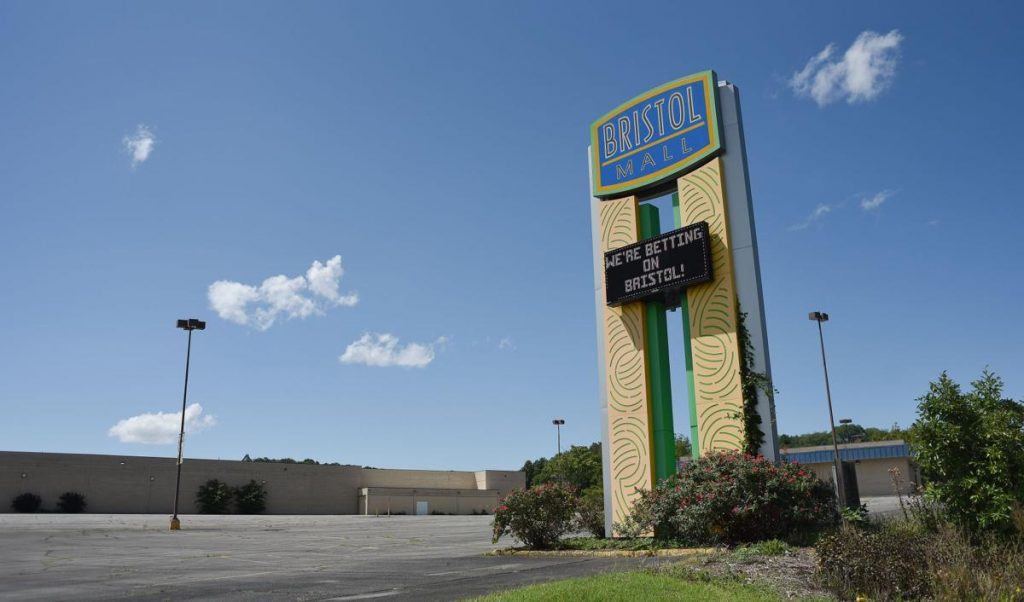Virginia, Brazil Make Strides in Gaming, But More Work Remains, G2E Attendees Learn
Posted on: October 15, 2019, 06:54h.
Last updated on: October 15, 2019, 12:12h.
LAS VEGAS – Virginia and Brazil wouldn’t seem like they have a lot in common. But when it comes to the gaming world, they do, as both are currently considering whether to allow casino gaming within their borders.

Martin Kent, who is working to bring a casino to Bristol, Virginia, and Pedro Trengrouse, a Brazilian lawyer, were two of the speakers who took part in a Monday panel discussion at the Global Gaming Expo (G2E) that looked at markets outside of Asia where casino gaming could grow next.
Virginia is for … Gamblers?
Earlier this year, the Virginia legislature passed a law that would allow the state to open five casinos across the state. The locations for those casinos have already been chosen: Bristol, Danville, Norfolk, Portsmouth, and Richmond. It had been one of 10 US states without any tribal or commercial casinos.
In some of these cities, work is already underway to get the approval process started. Last month, the Norfolk City Council approved a plan offered by the Pamunkey tribe to build a $700 million integrated resort along the city’s waterfront.
While the state law requires the Virginia Lottery Board to set up casino gaming regulations, that won’t happen until the start of next year, Kent said. In addition, with the way the state legislature works, it will likely mean lawmakers will bring up the issue again.
Even in Virginia, there’s a lot of confusion about what happened last year,” Kent, president and CEO of The United Company, told G2E attendees. “I think it’s best probably summed up this way: Any major issue that Virginia, its legislature, is looking to pass will oftentimes go through a re-enactment provision.”
Kent described the situation as a “cart before the horse,” since gaming regulations will likely be drawn up before the legislature gives its final approval. However, the key discussion this time around will focus on the tax rate the state levies on gaming.
Once lawmakers re-enact the bill and regulations are set up, the five cities will then have to set up a local referendum in order to get a casino in their communities. Those votes likely wouldn’t happen until the fall of 2020, Kent added.
Bristol, which sits on the Virginia-Tennessee line, will get gaming early next year, when sports betting becomes legal on Tennessee’s side of the community. Virginia’s law allows casinos to offer sports betting as well.
Education Key in Brazil
At G2E, Trengrouse described his country as a land of opportunity, but a land of confusion as well.
Brazil is by far the largest market in South America, and one of the 20 richest countries in the world. But it is one of the three richest – along with Saudi Arabia and Indonesia – that does not offer legal gaming, he said.
He noted that President Jair Bolsonaro has said that gaming regulations should be left up to the individual states within the country. However, Trengrouse said the country needs to be “enlightened” about how gaming can help the country, especially when it comes to tourism.
“We are talking about a blue ocean on one hand, and a mess on the other hand,” he said.
Getting casino gaming in Brazil will take a lot of education, Trengrouse added. However, it’s not just about educating lawmakers. It’s about informing the media, university leaders, and other audiences to eliminate any stereotypes and misconceptions about the industry.
Richard Schwartz, the president of Rush Street Gaming, said companies will be interested in how countries new to legal gaming handle the outfits that had been working previously in the black or gray market. If those outfits can participate in the new legal gaming structure, it will give them a significant advantage, since they already have an established client base.
Rush Street has been involved in the Colombian gaming market since last year. That South American country opened the door to legal online gaming in 2016.
No comments yet